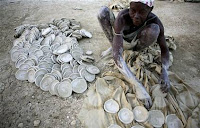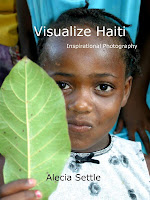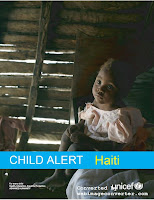Knowing that I have been slow in responding to God's call to go back to serve his children in the developing has troubled me at times. What if I missed an opportunity?I have come to understand that there is no reason for me to carry a burden of worry over this, because God is bigger than I am.

The bible is full of stories about great but imperfect men, and a lord who kept his hand on them and guided them always. Some of them really blew it at times, but they repented and they tried to live holy lives and they walked in faith, even when they saw no evidence of the father's works in their lives (see Hebrews:11).
God did not abandon them. He saw what was righteous in them and
knew their potential. In dessert places, he moulded his errant followers and taught them to allow his will to unfold the only way it could; in his way and according to his timing.
This is how I know that all God has planned for me will come to pass. So long as my heart and his are aligned in the ways that matter to him, he will not let me fall, because my God is a God who makes all things work together for good, for those who love him and are called to his purpose (Romans 8:28).
Yes, God is perfectly capable of orchestrating lives, even if we err, or procrastinate. I believe that he wanted me in Haiti all along and I can see now, that he lead me there at just the right time. After all, where better to serve, than Haiti, and what better time than now, as the global food crisis deepens, as the number of hurting and hungry children increases, and the world forgets.
I thank God for giving me this chance to serve, but thank you can never be enough. How deeply humbling to think that in a world with so many pressing needs, such a great God would wait for me, invest in me.....a girl who was off on her own agenda.







